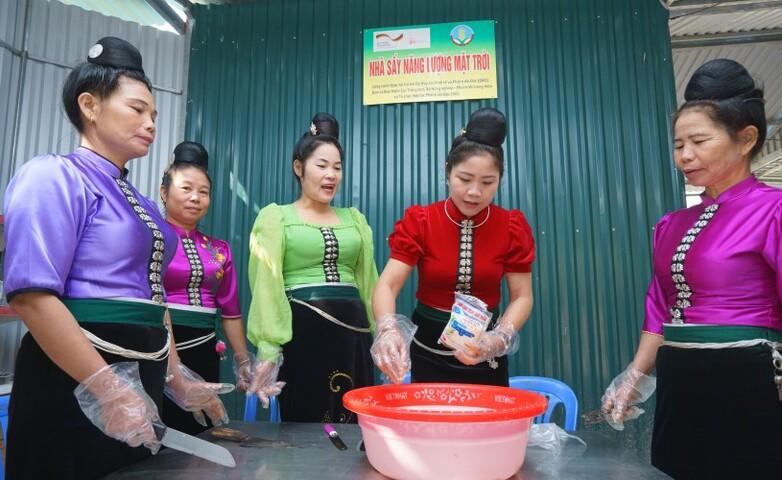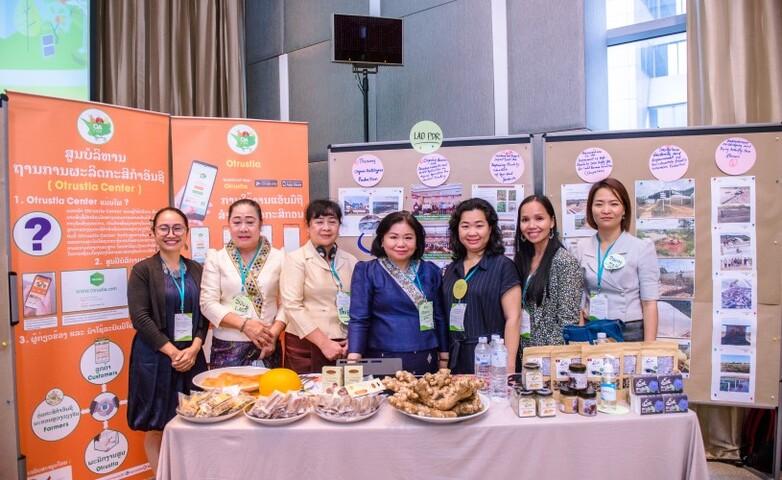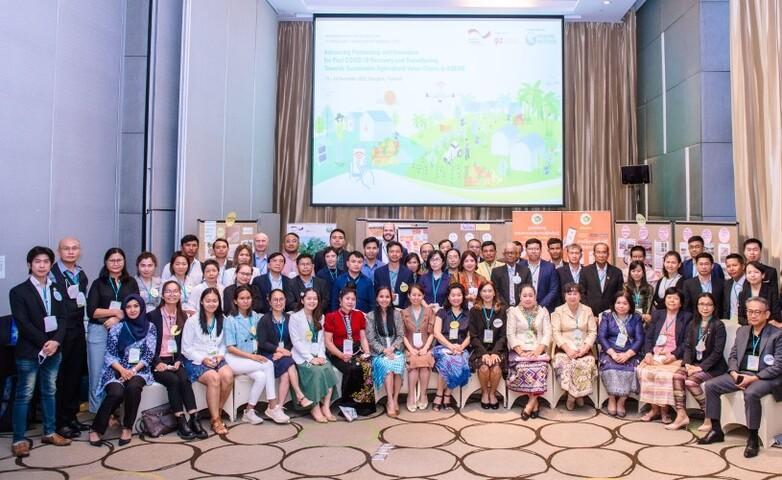Context
The agriculture and food industry is crucial for most member states of the Association of Southeast Asian Nations (ASEAN), driving regional cooperation. ASEAN aims to enhance the quality in agricultural production to boost both domestic and international trade. It aligns with the ASEAN Economic Community's (AEC's) vision of a seamless market for free-flowing goods and services. However, the agri-food industry faces complex challenges, including regulatory inconsistencies lack of harmonisation of standards and insufficient public-private coordination.



